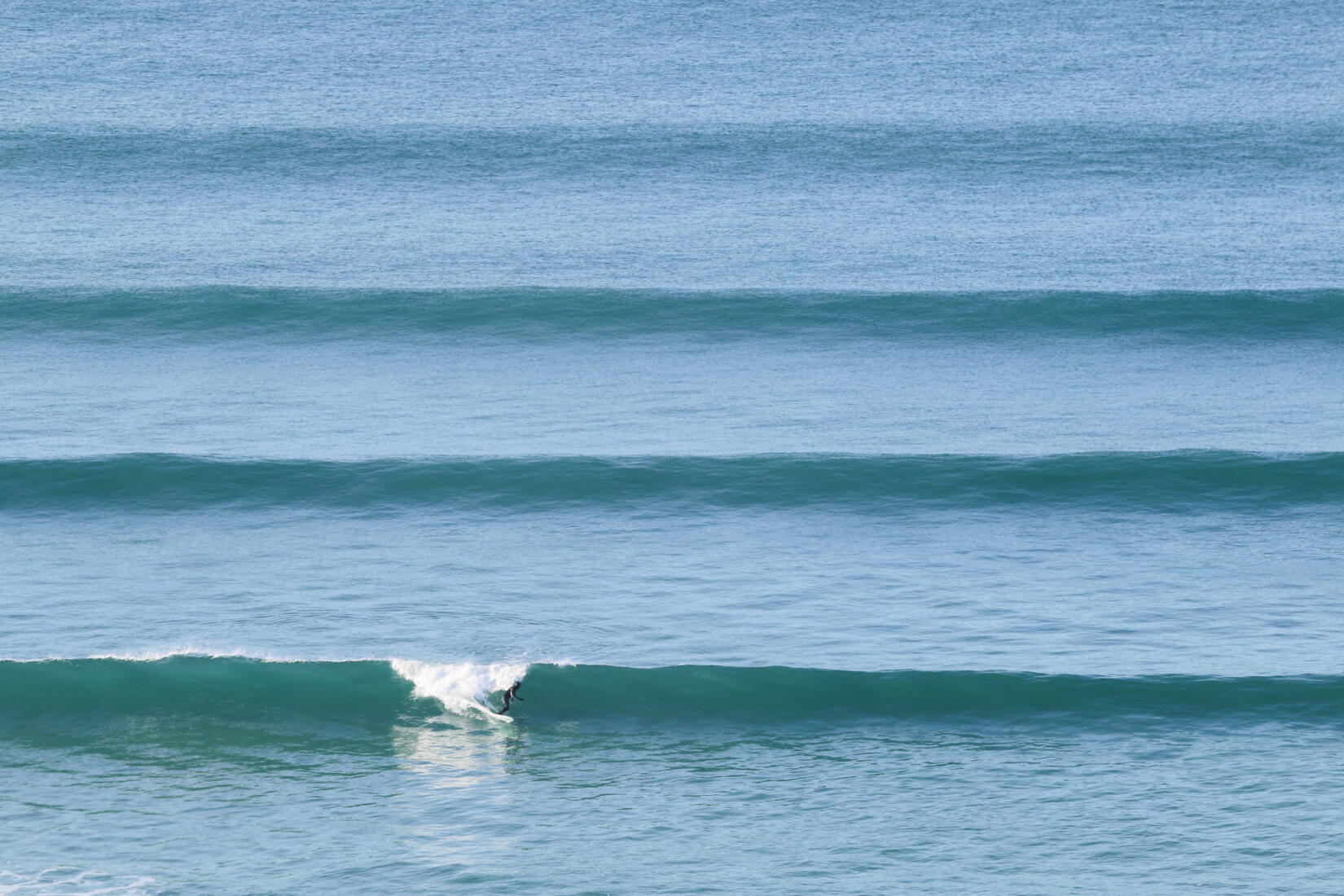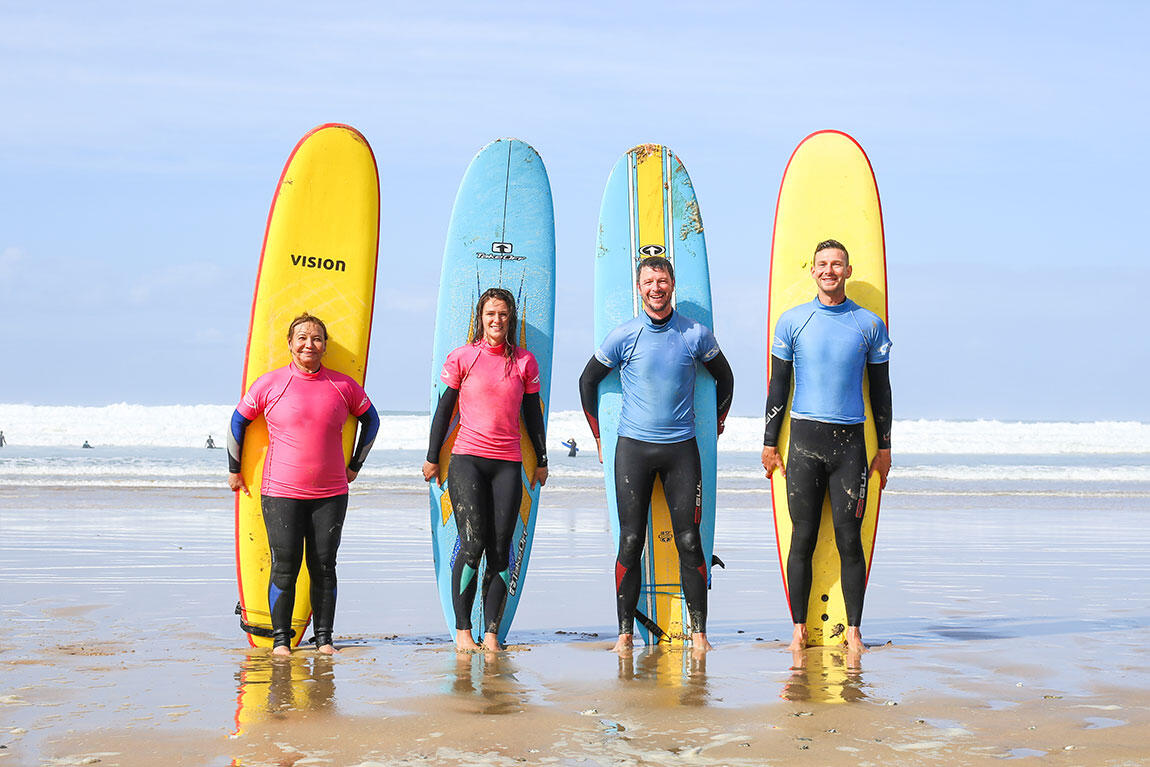Get active with Wavehunters: Meet Andy
Carrying forward and developing what the Extreme Academy started in 1999, Wavehunters distills the surf lifestyle into lessons for all ages and abilities. We caught up with Wavehunters co-founder and director Andy Cameron.
Read more
